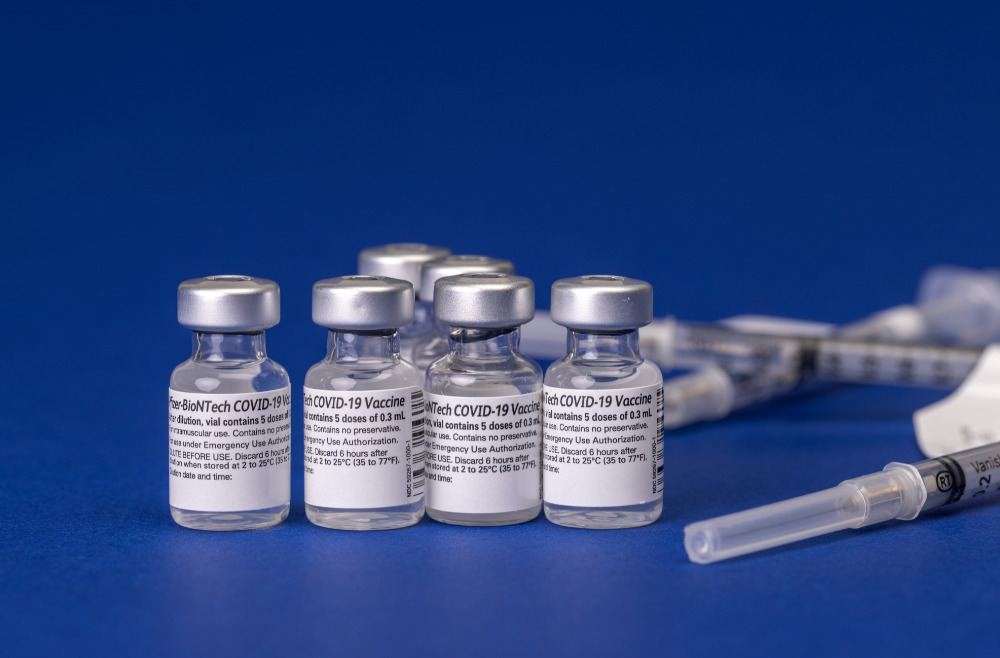
PHILADELPHIA—Despite the rising number of immunizations, more than a third of recent COVID-19 cases in the Philadelphia area are caused by concerning variants of the virus, according to a new analysis from a sample of patients from late February and early March conducted by Penn Medicine researchers. They say the findings – combined with an uptick in new COVID-19 cases in Southeastern Pennsylvania – underscore the need for continued vigilance by the public.
"The proportion of worrisome viral variants is rising, so it is critical for everyone to keep up precautions such as mask-wearing, and to get vaccinated when your turn comes up" said Frederic Bushman, PhD, chair of Microbiology at the Perelman School of Medicine at the University of Pennsylvania.
From the most recent random batch of positive case samples collected for analysis, Bushman and this team obtained 80 high-quality genome sequences. Of these, eight were the B.1.1.7 variant, which originated in the United Kingdom and was detected and reported in Southeastern Pennsylvania by the team in January 2021. Additionally, 14 sequences were the New York strain B.1.526, one was the California strain B.1.427, and one was California strain B.1.429. Together, these variants comprised 30 percent of the samples examined. All of these are currently listed as variants of concern by experts. In addition, the researchers found several other sequences with worrisome changes resembling some of the features of the Brazil and South Africa variants, pushing the proportion of variants found to be circulating in the region over 35 percent.
Philadelphia Health Commissioner Dr. Thomas Farley said, "These variants may be contributing to the increase in Covid-19 cases in Philadelphia, but because vaccination still should protect against infection with them, our best response to this risk is still for everyone to be vaccinated as soon as they are eligible."
Bushman's team has been working with the Philadelphia Department of Public Health (PDPH) and numerous Penn researchers to sequence samples from COVID-19 patients in an effort to uncover SARS-CoV-2 variants in the community. The team began studying hospitalized patients at the Hospital of the University of Pennsylvania with Ronald Collman, MD, a professor of Medicine, at the start of the pandemic in the spring of 2020, and have regularly been analyzing samples since with Kyle Rodino, PhD, an assistant professor of Pathology and Laboratory Medicine.
"We know that mask use, social distancing, hand washing, and other simple interventions work against all variants of SARS-CoV-2, so we must keep up these measures." Bushman said. "The less the virus spreads, the less opportunity it will have to mutate and develop variants with increased infectivity."
Sequencing the whole viral genome is a technologically complex process requiring purification of the viral RNA, conversion into DNA, then carrying out next-generation sequencing and bioinformatic analysis. Bushman and his team are continuing to sequence new samples from COVID-19 patients collected by Penn Medicine, PDPH, and other groups, to identify new variants and characterize ongoing evolution of SARS-CoV-2.
The Philadelphia Department of Public Health reports the latest information on the coronavirus in Philadelphia and the City's response on their COVID-19 website. The latest COVID-19 data from the Pennsylvania Department of Health is also available online.






